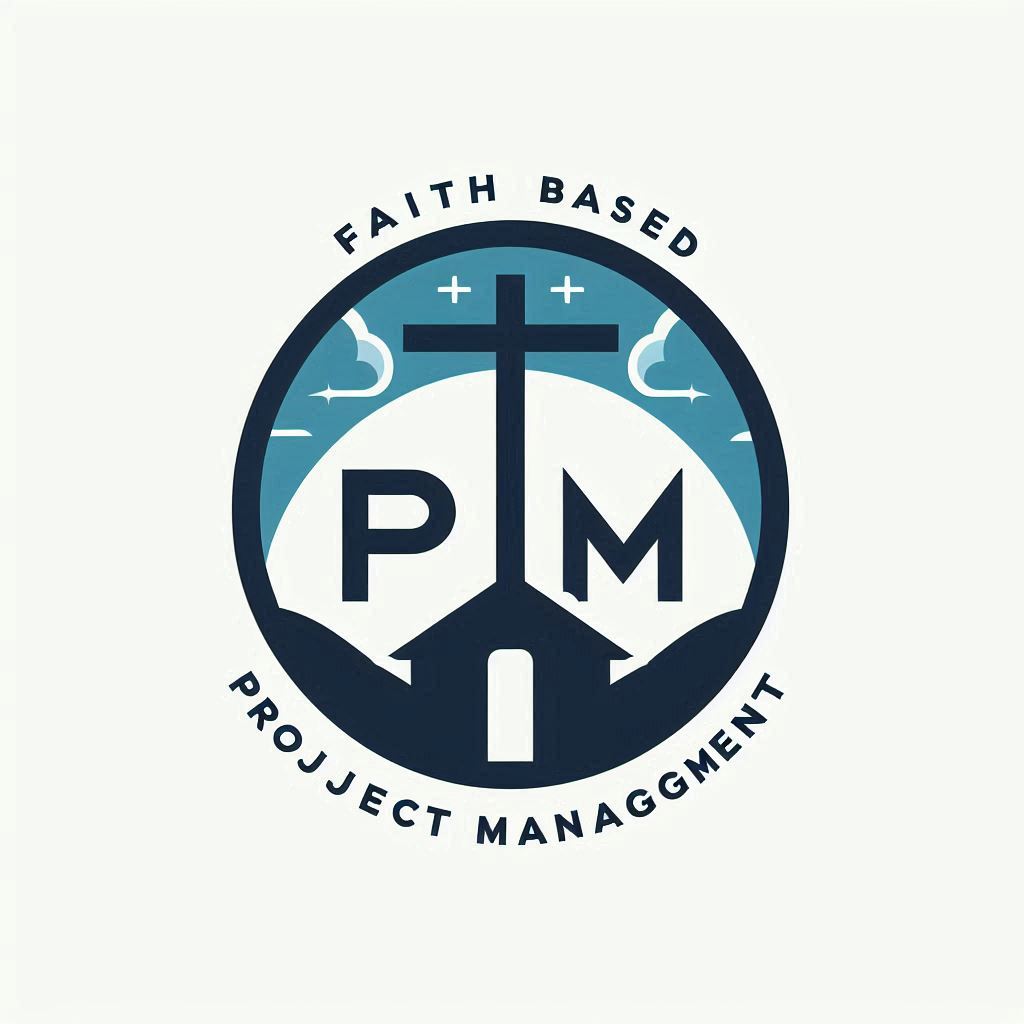Title: Ethical Leadership in Ugandan Faith-Based Projects: Combating Corruption & Building Integrity
Meta Description: Explore the challenges of corruption in Ugandan faith-based projects and discover practical strategies for ethical leadership, transparency, and accountability. Learn how to foster integrity and ensure impactful community development.
Introduction:
Faith-based organizations (FBOs) in Uganda are crucial for community development, yet they often grapple with the pervasive challenge of corruption. Understanding the various forms of corruption that infiltrate these settings is essential for effective intervention. This post delves into the complexities of corruption within Ugandan FBOs, offering practical strategies to uphold ethical leadership and project integrity.
Understanding the Facets of Corruption in Ugandan FBOs:
Corruption isn’t a singular issue; it manifests in multiple forms, each impacting Ugandan FBOs differently.
- Petty Corruption: This grassroots-level problem includes small bribes for expedited services, kickbacks for supplier selection, and misappropriation of community initiative funds. Though seemingly minor, these actions collectively undermine FBO integrity.
- Grand Corruption: Involving high-level individuals and significant sums, grand corruption encompasses embezzlement, abuse of power, and manipulation of large-scale projects. This severely damages institutional reputation and effectiveness.
- Systemic Corruption: When corrupt practices become ingrained within an organization, they create a toxic environment that hinders ethical operations. This requires collective action to dismantle corrupt norms.
- Moral Corruption: This erosion of ethical values prioritizes self-interest over collective well-being, deviating from core organizational and religious principles. Addressing this demands a cultural transformation.
The impact on project management is profound, leading to delays, inefficiencies, and inflated costs. Upholding ethical standards is vital for FBOs to serve Ugandan communities effectively.
The Paradox of Faith and Compromise in Uganda:
Ugandan FBOs, as custodians of moral values, often face a paradox: they are vulnerable to corruption despite their ethical mandate.
- Funding Vulnerability: Reliance on external donations exposes FBOs to financial manipulation and misappropriation, a significant issue in Ugandan development contexts.
- Weak Oversight: Inadequate internal controls and accountability mechanisms create opportunities for unethical practices to thrive.
- Socio-Cultural Pressures: Ugandan cultural norms can pressure leaders to provide favors, blurring the lines between communal support and corruption.
- Blurred Ethical Boundaries: The fusion of faith and development can lead to justifications for unethical behavior, particularly when spiritual and material benefits intertwine.
- Cultural Relativism: Sometimes, corrupt practices are justified by local cultural norms, making it harder to enforce universal ethical standards.
Addressing this paradox requires robust accountability, transparency, and a non-negotiable commitment to ethical integrity.
Can Ugandan FBOs Break Free from Corruption?
Corruption is not inevitable. Ugandan FBOs can achieve ethical operations through conscious, collective effort.
- Ethical Leadership: Leaders must openly address corruption, setting a tone of honesty and accountability.
- Resisting Temptation: Faith leaders must recognize and resist gifts or favors that compromise integrity.
- Robust Accountability: Implement regular audits, financial transparency, and safe whistleblowing channels.
- Cultural Shifts: Encourage open dialogue on ethical challenges and reward integrity.
- Unity of Purpose: Align everyone with core values, emphasizing transparency and unwavering ethical standards.
Practical Steps Forward: Strengthening Integrity in Ugandan FBOs:
- Strengthen Internal Controls: Implement robust financial management systems and regular audits.
- Promote Whistleblowing: Establish safe channels for reporting unethical conduct and protect whistleblowers.
- Ethics Education and Training: Conduct regular workshops on ethical standards and best practices.
- Community Involvement: Foster open forums for community members to voice concerns and suggest improvements.
- Measure and Evaluate: Regularly assess the effectiveness of anti-corruption initiatives for continuous improvement.
- Collaboration: Partner with Ugandan government agencies, and other NGO’s to create an environment that disincentivises corruption.
Call to Action:
Share this post to raise awareness about corruption in Ugandan FBOs. Contact us to learn more about our ethical leadership training programs. Join our community in the fight against corruption and help us build a more ethical and transparent faith based development sector in Uganda.
By implementing these strategies, Ugandan FBOs can reinforce integrity, enhance trustworthiness, and ensure impactful community development.
